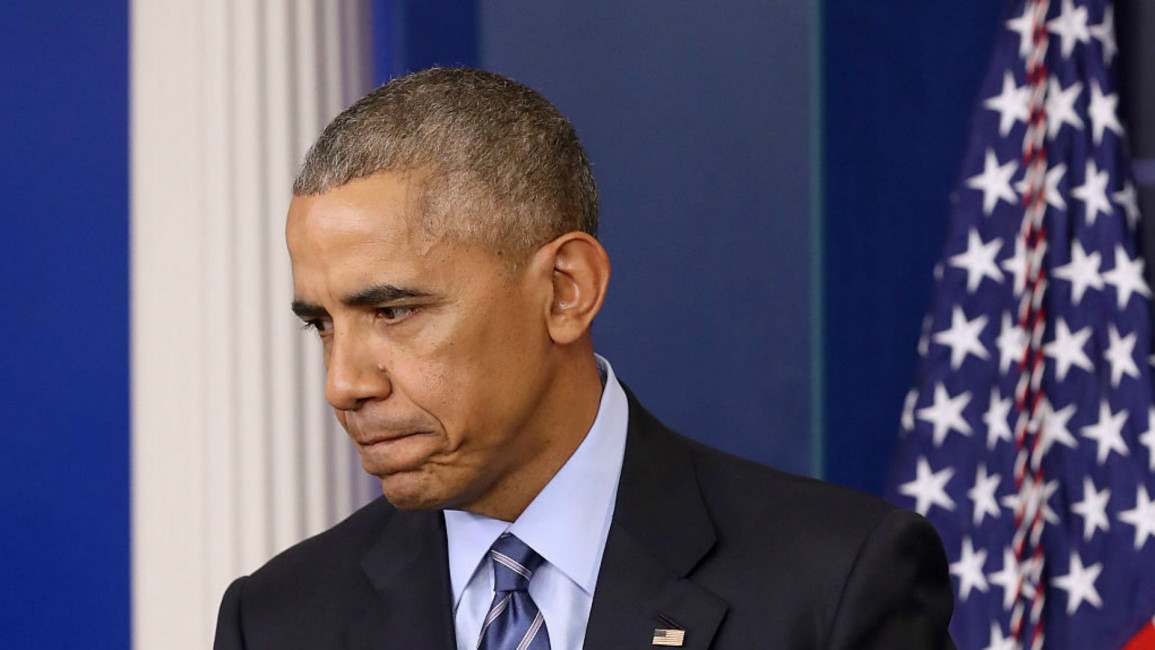Obama sidelined golden opportunity to crush Hizballah, says ex-DEA official
"In my personal opinion, having been the guy in charge of the special operations for 10 years, we lost a golden opportunity to crush Hizballah," said Foreign Affairs Committee, Derek Maltz, who headed the special operations division.
Testifying before the House, he added that the "US cannot succumb again to political distractions that allow the Iranian-backed terrorist to continue its narco-terrorism campaign."
Last month, Politico reported the Obama administration's quiet dismantling of "Project Cassandra", an operation launched in 2008 to monitor Hizballah's weapons and drug trafficking practices, which allegedly included funneling cocaine into the United States.
Hizballah was allegedly racking up revenues of up to $1 billion annually from the illicit activities, to fund its military operations.
| Read more: Trump doesn't understand the art of the Iran deal |
Hizballah has previously denied any role in money laundering and drug smuggling activities, despite multiple claims made by the US authorities and international media investigations.
Maltz was quoted in that piece, saying he had "no doubt" multilateral negotiations with Iran sidelined ongoing operations against Hizballah's drug trafficking network.
"There is certainly an argument to be made that if tomorrow all the agencies were ordered to come together and sit in a room and put all the evidence on the table against all these bad guys, that there could be a hell of a lot of indictments," Maltz told Politico.
Maltz told the Committee the US needed better cooperation between its agencies to confront Hizballah's ambitions and the transnational criminal organisations that generate tens of millions of dollars for the Iranian-backed group.
"Sadly, 16 years after 9/11, we're still talking about information sharing. It's a disaster," he testified.
"If terrorists are turning to criminal networks for their funding, how can we have a system where the terrorist investigators and the intelligence community and others are not communicating properly with the law enforcement agencies?"
Last week, the US justice department announced the establishment of a special task force comprising of specialists on money-laundering, drug trafficking, terrorism and organised crime, to target Hizballah's sprawling network, whose reach extends across Africa and into Central and South America.
In response, House Foreign Affairs Committee chairman Ed Royce said its work "helped uncover the Obama administration's efforts to ice key investigations and prosecutions of deadly terrorists in its pursuit of a nuclear deal with Iran".
He added: "We must refocus our law enforcement agencies on the growing threats posed by Hizballah and its broad criminal network that is engaged in a range of illicit activities."



